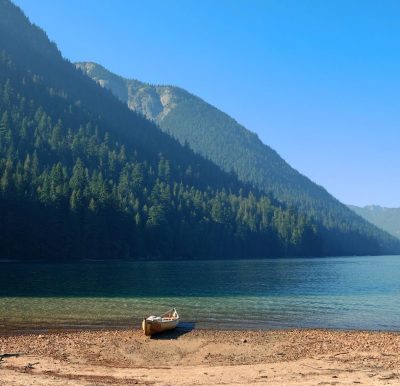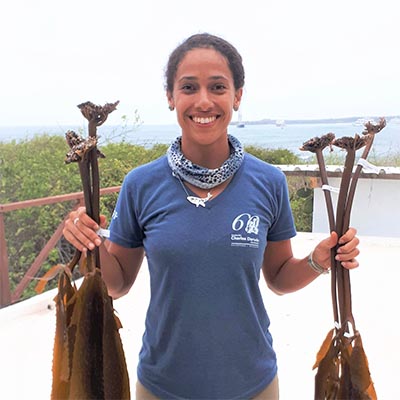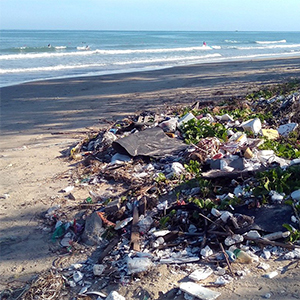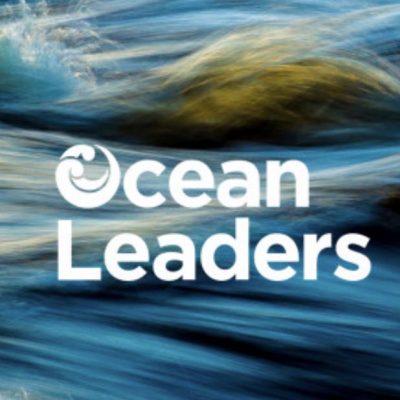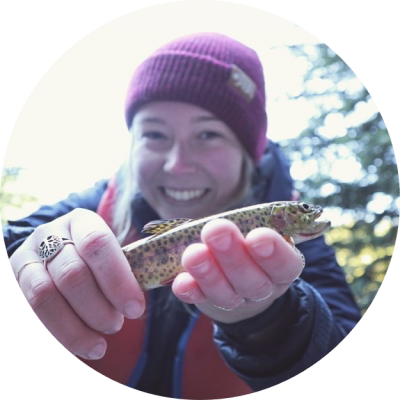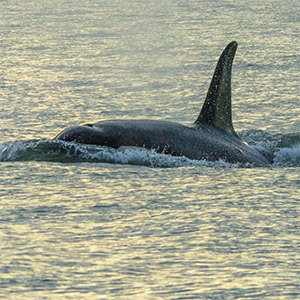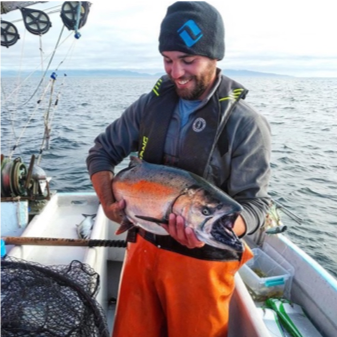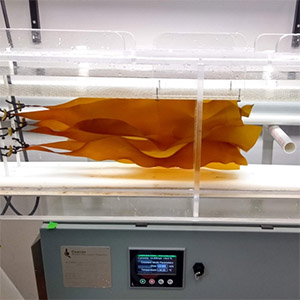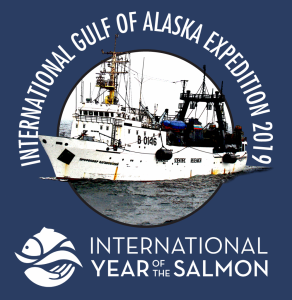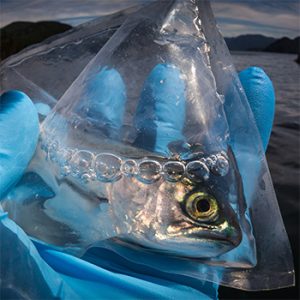IOF students visit Chilliwack
Students from the IOF’s FISH 520 course took a fieldtrip to Chilliwack with Dr. Jordan Rosenfeld, Honorary Professor, Applied Freshwater Fisheries Research Unit (AFERU)
Crowdfunding for kelp research
PhD student, Salome Buglass, is crowdfunding to support her research on an extensive mesophotic kelp forest found in the Galapagos.
PROFILE: Investigating ocean pollution to “provide solutions, not just answers to questions”
“Anthropogenic stressors are reshaping our ocean – it’s not the same ocean we had 30 or 40 years ago. As academics we need to provide solutions, not just answers to questions.”
PROFILE: Ocean Leaders step outside the lab to connect with communities and solve ocean problems
Ocean Leaders teaches students from across disciplines in the natural and social sciences how to communicate marine research to a broad audience
STUDENT PROFILE: Natalie Benoit
Benoit’s field research is based in the Strait of Georgia and Johnstone Strait, where she collects samples of environmental DNA – eDNA is microscopic pieces of genetic material left behind when the fish travel through water – from Pacific salmon.
Swimming with the pod
For the past two weeks, Marine Mammal Research Unit (MMRU) researchers led by Dr. Andrew
Trites have been studying the feeding behaviours of northern resident killer whales.
Studying the Spring salmon to help protect BC ecosystems
Chinook, also known as Spring salmon, stocks in have been in decline, which has implications for entire BC marine food web
How climate-controlled growth flumes could help us explore unanswered questions about kelp and climate change
New equipment creates environmental conditions that mimic the projected future state of our oceans, allowing them play out “what if” scenarios for situations like climate change.
International Gulf of Alaska Expedition
The IOF has two faculty members on board this international salmon research voyage to the Gulf of Alaska
Super Salmon Science
Hakai Institute’s Juvenile Salmon Program investigates factors affecting juvenile salmon across the Discovery Islands and Johnstone Strait.
